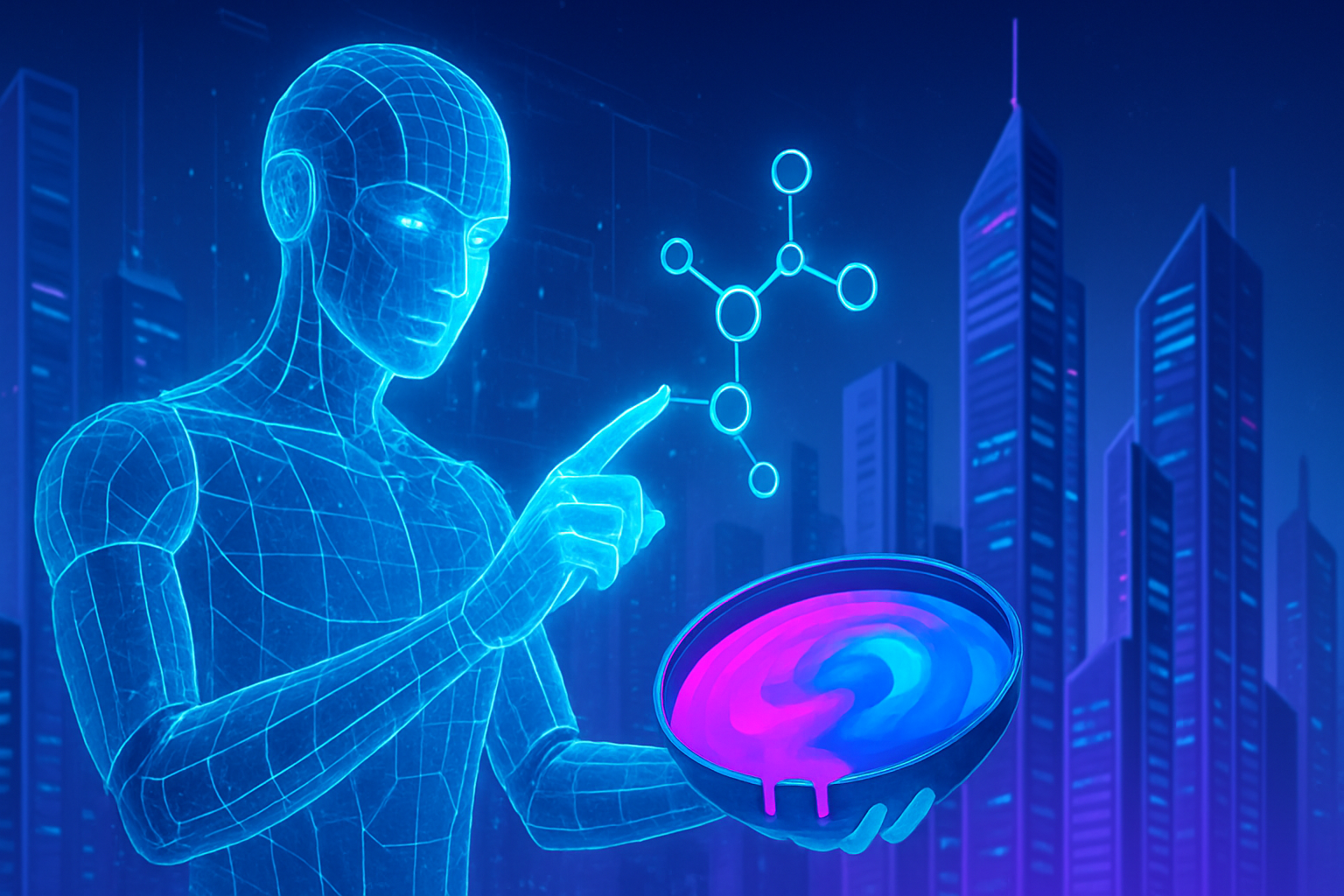IBM and Innovation in Artificial Intelligence
IBM’s artificial intelligence research department has developed a powerful model capable of detecting breast cancer with a remarkable accuracy of 87%. This technological advancement allows AI to predict the onset of this disease *up to a year before* its usual diagnosis.
AI in the Service of Prevention
Since 2017, IBM has introduced Watson, an AI designed to analyze various types of cancers, including lung cancer. Although this project achieved a 96% agreement rate with doctors, this new innovation specifically focuses on breast cancer. This shift in focus offers new perspectives in the field of health.
Data Used by the Algorithm
To develop this algorithm, IBM relied on anonymized data from thousands of medical records and mammography images. By integrating information from biopsies, laboratory tests, and cancer registries, the algorithm becomes a *reliable reference* in the early detection of breast cancer. This process significantly surpasses traditional methods.
Accuracy and Efficiency
The performance of this artificial intelligence is impressive. The algorithm matches 87% of the conclusions of a human assessment. This indicates *considerable potential* for women affected by this disease, providing the possibility of initiating treatment even before the first symptoms manifest.
Practical Applications in Diagnosis
The verification function of this technology is particularly relevant in regions where a lack of medical personnel could limit rapid diagnoses. A double-check provided by AI could substantially reduce the risk of false negatives and improve the care pathway for patients.
Privacy-Respecting Technology
The images used for training the algorithm remain completely anonymous, protecting patient privacy. This underscores the importance IBM places on data security while leveraging it for better disease prevention.
Towards an Evolution of Diagnostics through AI
The revolution brought about by artificial intelligence in the medical field strengthens with the emergence of such models. As other studies have proven, integrating AI into medical practice can help reduce the time needed to establish a diagnosis, sometimes by up to 40%. This efficiency can only favor the development of new health technologies.
Future Perspectives
Recent developments in AI show how technology can transform medical diagnostics. Other companies, like Google, are also investing heavily in AI-driven research, reflecting a growing dynamism in this sector. This promises major advances in disease treatment and detection.
Ongoing Research and Innovations
As researchers at MIT work on open-source algorithms to predict biomolecular structures, it is undeniable that the integration of AI into the healthcare sector will continue to evolve. All these initiatives promote the development of more preventive and personalized medicine.
Expert Opinions
Healthcare professionals are increasingly convinced that artificial intelligence can be a valuable ally in the early diagnosis of diseases. The need for innovative solutions is urgent, especially in countries where medical resources remain limited.
Frequently Asked Questions about IBM’s Artificial Intelligence for Early Detection of Breast Cancer
What is this artificial intelligence model developed by IBM?
It is an algorithm capable of detecting breast cancer with an accuracy of 87%, predicting its onset up to a year before it becomes symptomatic.
How does IBM’s artificial intelligence detect breast cancer?
The model uses data from thousands of medical records and mammography images to identify anomalies and predict the onset of cancer.
What is the potential impact of this technology on early cancer detection?
This technology could allow more patients to begin treatment even before the first tumor appears, thereby improving their chances of recovery.
Are the data used by IBM’s AI confidential?
Yes, the mammography images used are anonymous, and the data are extracted in a way that protects patient privacy.
Can the AI model replace a radiologist?
While AI can serve as a complementary check, it does not replace the judgment of a healthcare professional, especially in countries where the number of radiologists is limited.
Since when has IBM been working on AI solutions for cancer?
IBM launched its first artificial intelligence project, Watson, in 2017, designed to analyze various types of cancers and propose personalized treatments.
What is the accuracy of IBM’s artificial intelligence compared to doctors?
The AI model agrees with human diagnoses 87% of the time, providing significant reliability in detecting breast cancer.
What other AI advancements in the medical field has IBM achieved?
IBM has already developed AI solutions for the analysis of various cancers, such as lung cancer, demonstrating effective collaboration with oncologists for tailored treatments.
Can we rely on AI for a definitive diagnosis?
AI primarily serves as a screening and early assessment tool; a definitive diagnosis must always be confirmed by medical tests and the opinion of a healthcare professional.
When might this technology be broadly available to the public?
Since the development of such technologies requires regulatory approval processes, their availability will depend on the outcome of these processes and the ongoing clinical trials.






